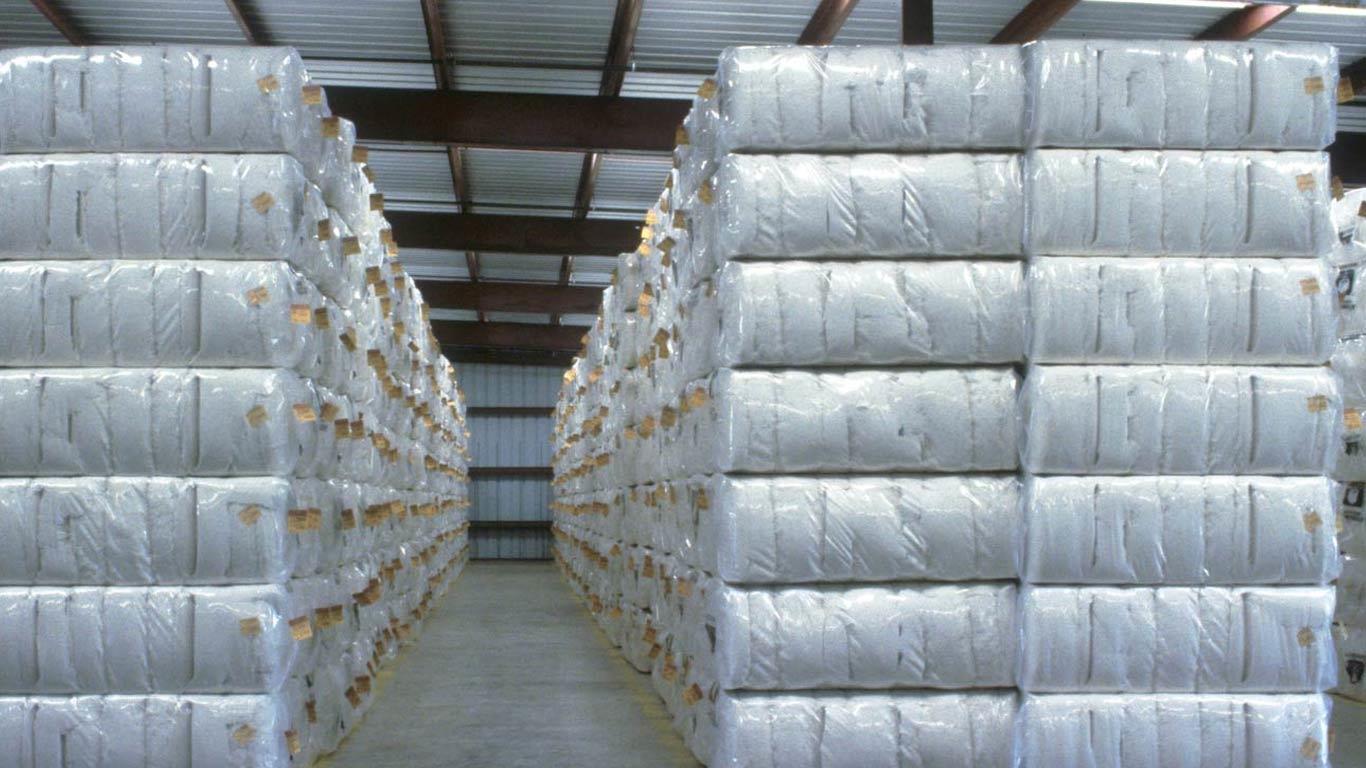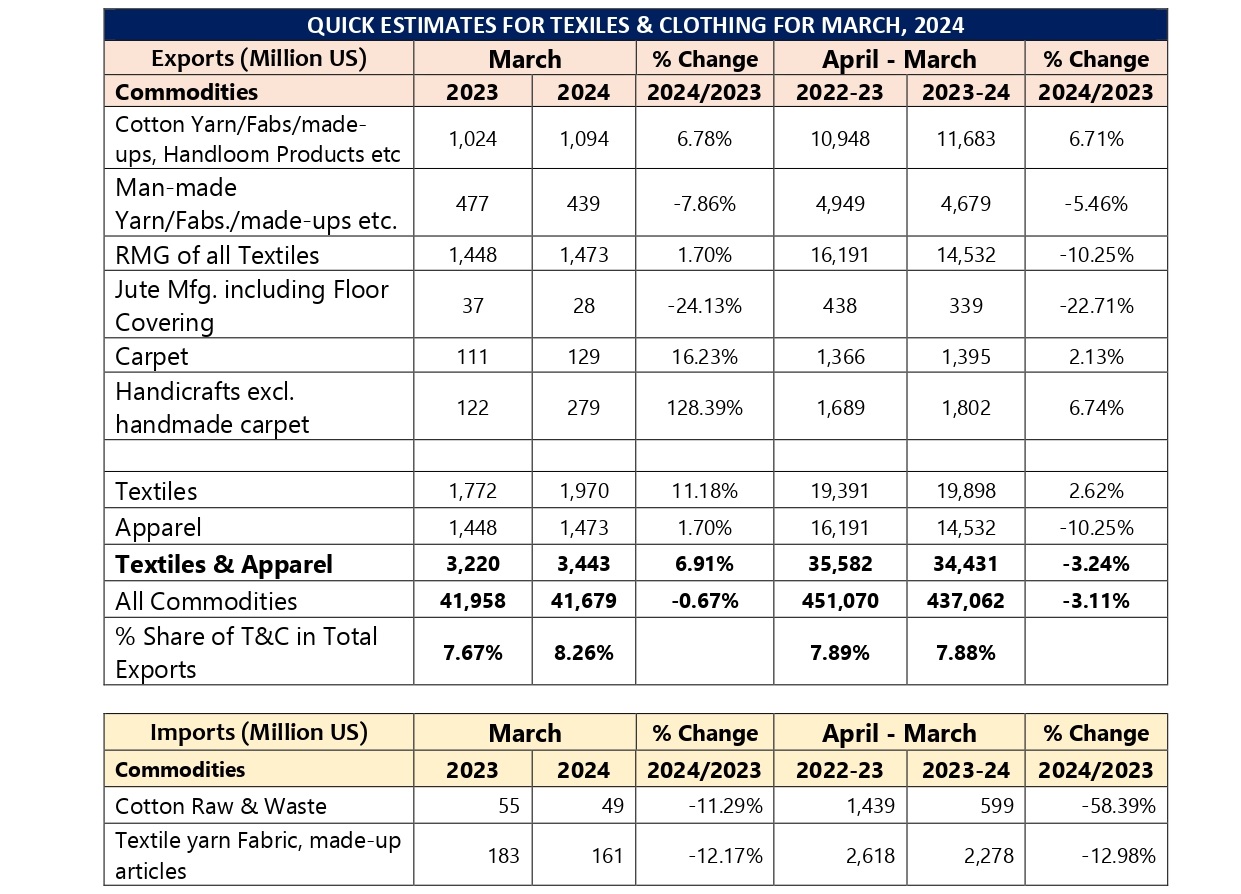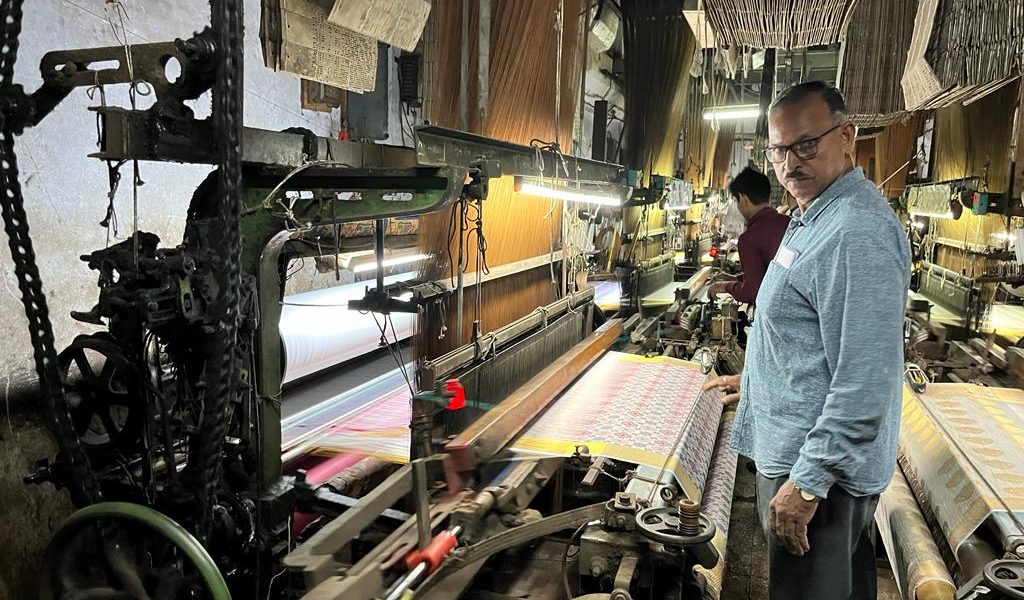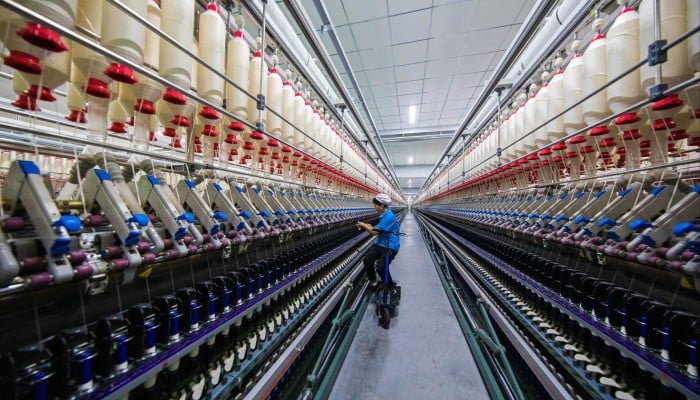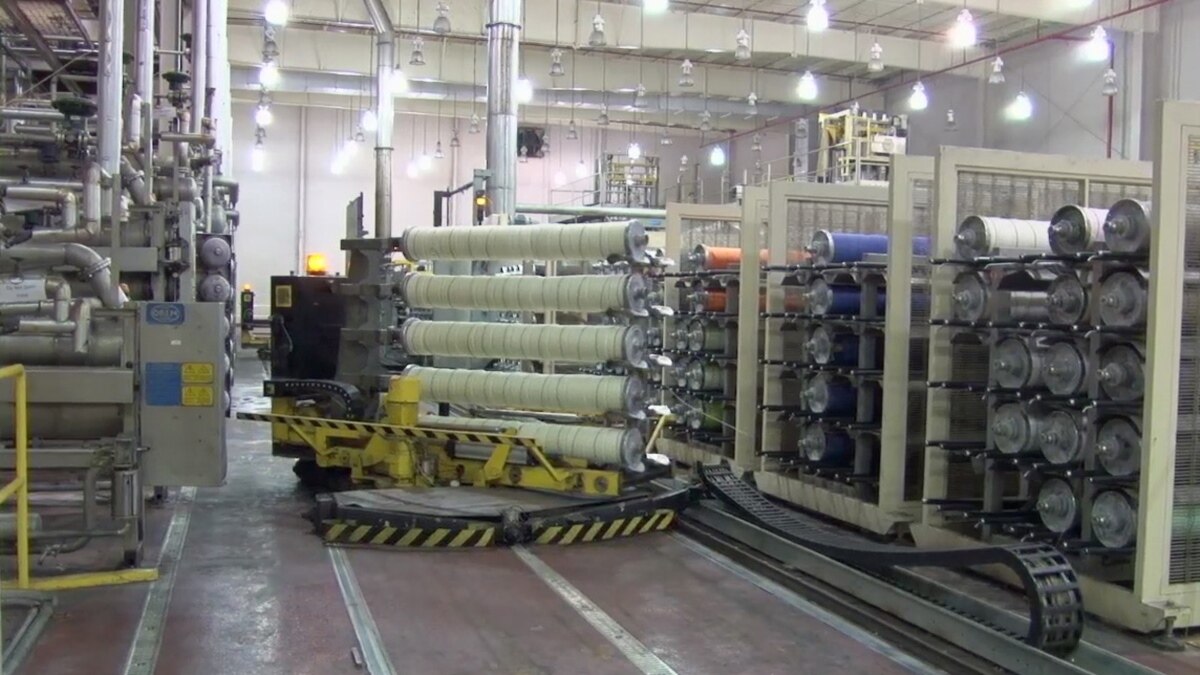
The American textile industry, once a titan of global manufacturing, has faced numerous challenges in recent decades. After enduring the blows of trade agreements like NAFTA, it appeared to be on the path to revival. However, a new threat has emerged, not in the form of sweeping trade deals, but rather a seemingly minor policy known as the "de minimis" loophole.
The De Minimis loophole
The De minimis policy allows the duty-free import of goods valued below a certain threshold, currently set at $800. This policy was originally intended to streamline the import process for low-value shipments, but the rise of e-commerce has transformed it into a major hurdle for domestic textile manufacturers.
The National Council of Textile Organizations (NCTO) paints a concerning picture. They argue that the De minimis loophole is being exploited by the booming e-commerce industry, allowing a surge of cheap imports to undercut domestic producers. This has resulted in the closure of several textile mills across the United States, impacting not only jobs but also the demand for US-grown cotton.
While acknowledging the influence of other factors like inflation, industry leaders like Andy Warlick, CEO of Parkdale Mills, emphasize the significant role de minimis plays in the current crisis. He reports, his company is operating at a mere 60 per cent capacity due to "devastating demand destruction," partially fuelled by the estimated 1 billion Dde minimis shipments annually. A staggering half of these shipments are comprised of textile and apparel goods, directly competing with American-made products.
Balancing trade and domestic needs
The NCTO urges Congress to take immediate action by closing the De minimis loophole. They fear that without intervention, the already struggling industry will face further decline. This situation exemplifies the complex challenges faced by US manufacturing in the 21st century. The industry is caught in a tug-of-war between the forces of globalization, which promotes free trade and international competition, and the growing domestic pressure for revitalization and job creation.
This issue extends beyond the boundaries of the textile industry, sparking a debate about the delicate balance between promoting economic growth through international trade and protecting domestic industries and jobs. Striking this balance effectively requires careful consideration of all stakeholders: Consumers who benefit from readily available and often cheaper imported goods; domestic manufacturers and their employees whose livelihoods depend on a healthy domestic industry. Also it has implications for the broader economic landscape of the nation as a strong manufacturing sector contributes significantly to the overall economic health.
A reminder of unintended consequences
The De minimis loophole issue serves as a stark reminder of the unintended consequences that seemingly minor policies can have on entire industries. As policymakers navigate the complexities of international trade and domestic economic development, addressing the De minimis loophole requires a nuanced approach. This approach should balance the needs of all stakeholders while ensuring a healthy and competitive future for the American textile industry.
It is important to note that this is a complex issue with no easy solutions. Further research and analysis are needed to fully understand the economic impact of the De minimis loophole and to develop effective policy solutions that consider the needs of all stakeholders.




